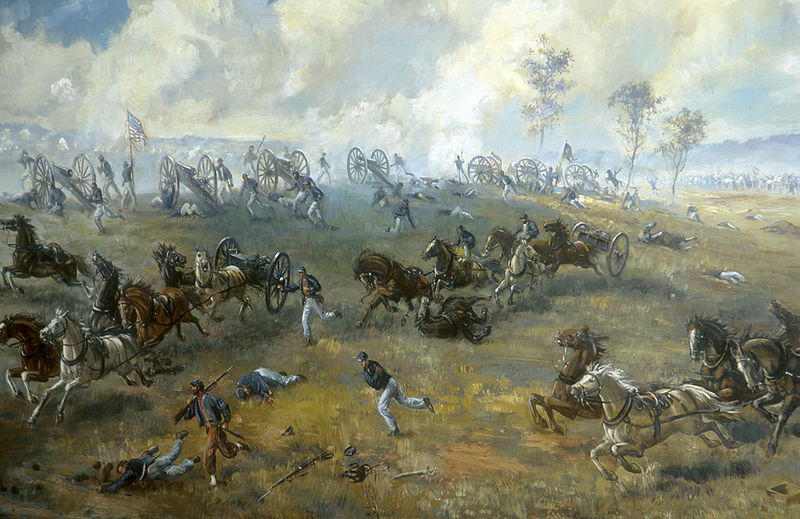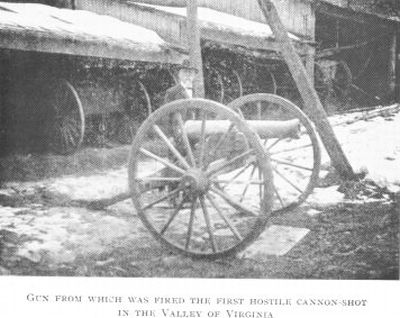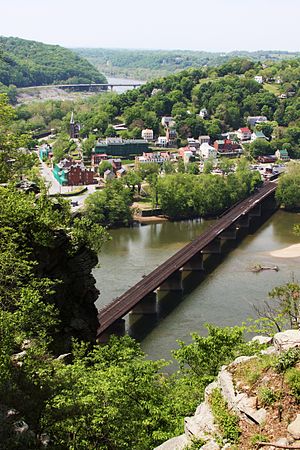 Image via Wikipedia Image via Wikipedia |
| Stonewall Jackson |
- In West Virginia, Union General Jacob Cox attacks Confederate forces under former Virginia Governor, General Henry Wise, at Tyler Mountain. Wise evacuates the area around Charleston, West Virginia and pulls back to Gauley Bridge. /1861
- Discussing his new-found fame from the disciplined fighting of his command at Manassas three days ago, Thomas J. “Stonewall” Jackson says to Captain John D. Imboden, “Captain, my religious belief teaches me to feel as safe in battle as in bed. God has fixed the time for my death. I do not concern myself about that, but to be always ready, no matter when it may overtake me. Captain, that is the way all men should live, and then all would be equally brave.”/1861
- A battalion of the 2nd Texas Mounted Rifles under Lieutenant Colonel John R. Baylor arrives tonight in Mesilla, capital of Confederate Arizona, but within the US Territory of New Mexico, and he prepares to launch a surprise attack the next morning. However, a Confederate deserter informs the fort's commander, US Major Isaac Lynde, of the plans./1861
- In Richmond, R.M.T. Hunter replaces Robert Toombs as Confederate Secretary of State. /1861
- Tredegar Iron Works in Richmond receives the contract to produce iron plate for the Merrimack conversion project./1861
- In Washington, an Act "to provide for the temporary increase of the Navy" passed by US Congress, gives President Lincoln the authority to take vessels into the Navy and appoint officers for them, to any extent deemed necessary. The Congress is merely confirming the actions that President has been taking since April./1861



























